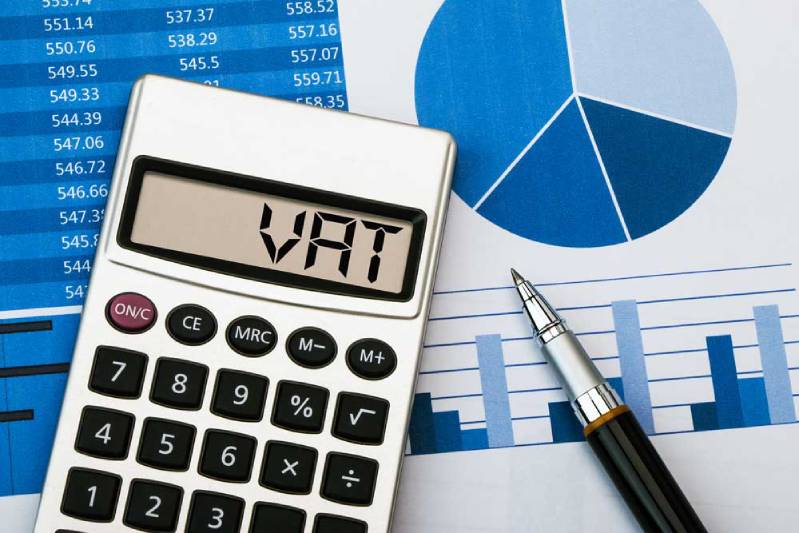Prices of essential commodities and consumer items including rice, gas and fuel are still on the increase despite the reduction of VAT, a senior officer of the Consumer Affairs Authority said.
Sri Lanka’s, poor, poorest of the poor and the middle class has been taken on a ride by propagating an immediate reduction in essential commodities with the governments action to slash VAT from 15 to 8 percent.
Consumers have been made to believe that the tax cuts will bring magical price reduction in consumer items with the repeated pronouncements over electronic media in accordance with the Goebbels theory..
Food items which directly has an impact on the ordinary masses like, potatoes, onions, rice, lentils, wheat flour, bakery products, rice flour and products made of rice flour, sugar, local milk powder, dairy products, canned fish, gas, diesel, petrol and kerosene do not come under VAT.
A reduction in this tax would not cause a reduction in prices of those essential food items.
There is no VAT applied in the importation of essential goods like rice, gas, fuel, potatoes, onions, and lentils and only a special trade tariff is applied when importing them, the official clarified further and accordingly there would not be any reduction in the prices of these essential goods.
With the reduction in VAT the prices of the following food items would be available at reduced prices. Packed poultry, meat products, imported milk powder, fruit drinks, and imported animal feed.
Construction items of iron and steel, cement, asbestos roofing sheets, imported door hinges and door locks and in addition motor spare parts would also come down in price with the reduction in VAT, the officer added.
VAT is a tax on domestic consumption of goods and services. The goods imported into Sri Lanka and goods and services supplied within the territorial limits of Sri Lanka are the subject matter of this tax.
It is a multi-stage tax levied on the incremental Value at every stage in the production and distribution chain of Goods and Services.
The tax is borne by the final or the ultimate consumer of Goods or services.
In practice VAT rate increases result in prices of goods and services in the country increasing by a larger proportion than the rate increase, due to suppliers attempting to make a profit by piggy-backing on the rate of increase of the VAT rate, an eminent tax consultant said.
On the other hand, the behaviour of the suppliers is not the same when the Government reduces the rate of VAT on the supply of goods and services.
The revenue foregone by the State to provide relief to the consumers would not achieve its purpose unless the Government devices a mechanism for achieving the same, he added.
(LI)

